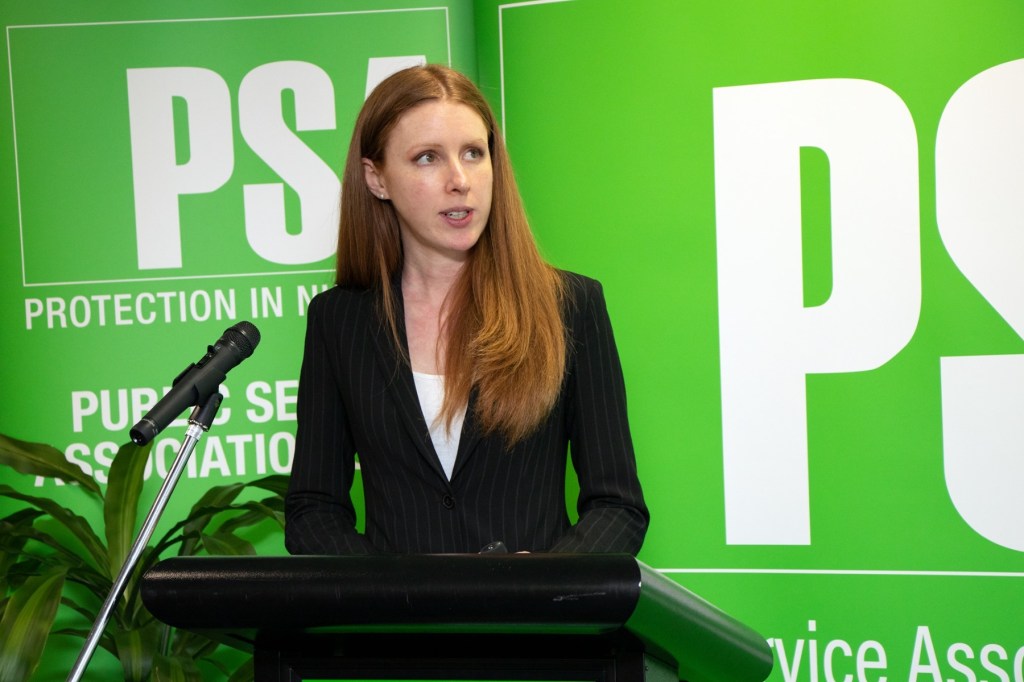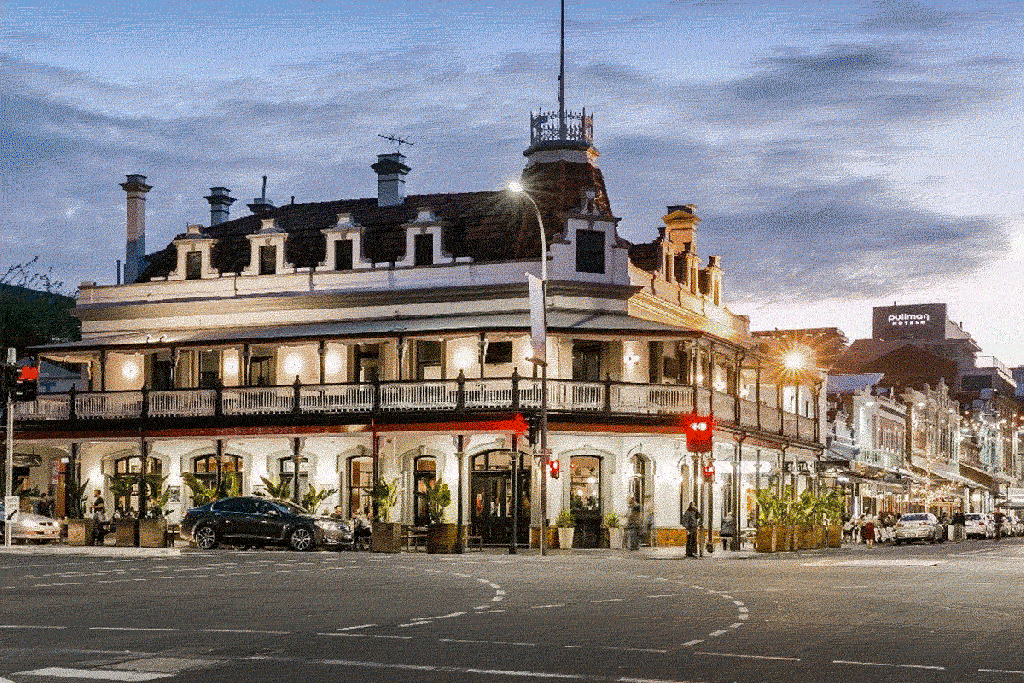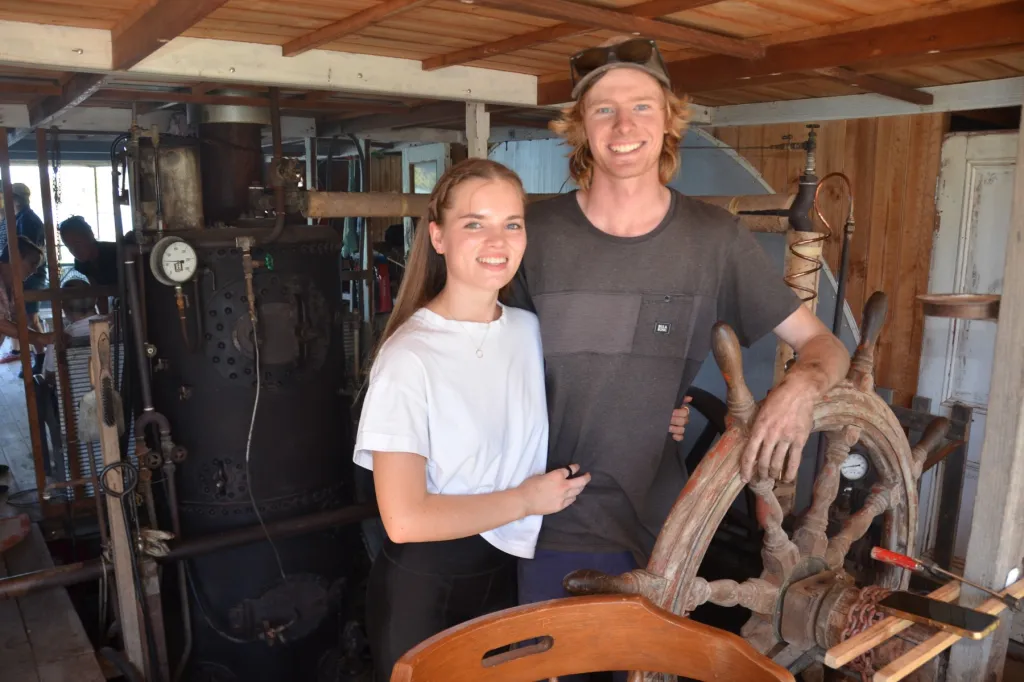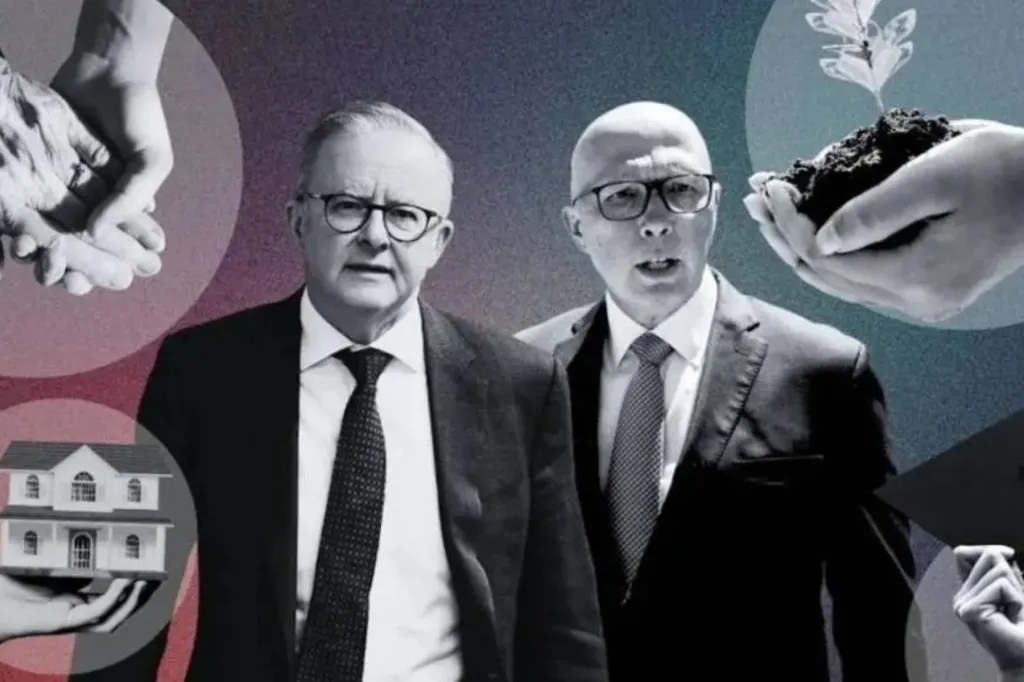Public servants threaten industrial action amid wages spat
Members of the public service union will undertake industrial action next week amid negotiations with the state government over pay which a new report said was “the worst in Australia”.

Union members in the state’s public service sector will take some form of industrial action next week amid negotiations for a pay raise following an initial proposition from the state government described by the union’s boss as “highly insulting”.
Public Service Association of South Australia general secretary Natasha Brown said it was “unconscionable that despite our strong economy and positive outlook from Treasury, public sector wages have gone backwards”.
Her comments follow the release of a report from left learning think tank The Australia Institute – commissioned by the PSA – which found the SA economy has grown by almost 15 per cent since pre-COVID but that the purchasing power of public sector wages has declined by between 8 per cent and 10 per cent.
The PSA – representing the state’s 40,000 public servants – is currently in enterprise agreement negotiations with the state government, which earlier this year put forward an initial proposal of a wage rise of up to 3 per cent to take effect from August 2025.
Brown said this was “highly insulting”, and that “some members are having to choose between paying their rent or mortgage and paying other bills”.
“Others are working long hours of overtime to make up their wages – leaving them feeling exhausted, degraded and undervalued,” Brown said.
“Our members serve all South Australians, often under very difficult circumstances, with staff in health and other diverse agencies such as corrections, child protection, housing and the CFS regularly facing extremely challenging events in their day-to-day work.”
She told InDaily that the PSA was “putting the government on notice today that they must change their approach and start taking the cost-of-living crisis impacting our members seriously”.
You might like
“In the meantime, many of our members are preparing to take a range of actions – including forms of industrial action,” she said.
“Our report… sets out the scale of the issue – that our members’ wages are worth close to 10 per cent less than they were only a few years ago.
“Our focus is on getting the government to take the cost-of-living crisis seriously. The wage outcome for our members needs to be much closer to the figures mentioned in the report than the government’s initial proposition of up to 3 per cent and then not until August 2025.”
A government spokesperson said the government had put forward an initial raise proposition but had not yet received a formal response from the PSA.
“Despite multiple invitations from the Government to specifically outline its claims for a new agreement, the Public Service Association has not provided a formal log of claims or nominated a specific wage increase it is seeking in negotiations,” the spokesperson said.
“The Government will continue to negotiate in good faith with employee bargaining representatives to reach agreement.”
The spokesperson added that the government had a “big agenda to deliver better long-term outcomes for South Australians including generational investments in infrastructure and services, including the recruitment of additional frontline workers including doctors, nurses, ambulance officers, and police”.
“Delivering sound fiscal management means our state remains attractive to investment and provides capacity to support these significant additional investments in services,” the spokesperson said.
“Wages in the public sector are set by collective agreement with staff.”
The Australia Institute report found that the South Australian economy had shown “remarkable resilience” and outperformed other states in economic growth, fiscal repair and private sector investment and exports.
Stay informed, daily
But this economic success “has not been reflected in the state government’s economic footprint”.
“The state government underachieves in making the most of its potential tax base,” the report reads.
“Unfairly, the state government has dramatically reduced real compensation for its own staff – generating hundreds of millions of dollars in savings, that are now ‘banked’ by government in its much-proclaimed surpluses.
“The state government has ample fiscal capacity to repair the historic damage that has been done to the real living standards of the state’s public sector workforce.”
The relative real compensation of public sector workers in the state has deteriorated by about 4 per cent compared to the private sector, The Australia Institute found.

Further, SA public sector workers have experienced “unprecedented” real wage losses since the pandemic, with average real full-time weekly earnings falling almost 8 per cent.

The report added that the “wage suppression experienced by state public sector workers, the worst in Australia, is a moral and economic failure”.
“Restoring real purchasing power for these workers will reinforce continued economic growth in the state, address challenges in recruitment and retention in state public services, and right a historic wrong that these workers and their families have experienced.”
Brown said the findings were “shocking and completely unacceptable”.
“Despite helping to make South Australia one of the safest and most livable places in the world to be during the pandemic – South Australia’s public sector workers have experienced a severe decline in living standards and significant financial hardship. Achieving wage justice is our number one priority in the enterprise agreement negotiations that are currently underway,” she said.
“Keeping wages low is not the way to retain hard-working staff or attract workers to the public service. It undermines the essential services that the public sector provide, and means that the public suffer too as a result.
“The state government can well afford to give its public sector a wage rise that redresses the current imbalance. It also has a moral responsibility to do so and the state’s economy will be stronger for it.”








